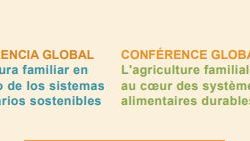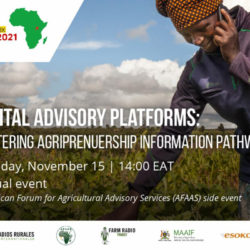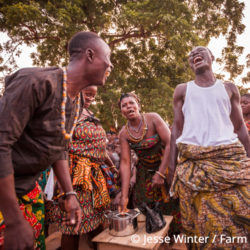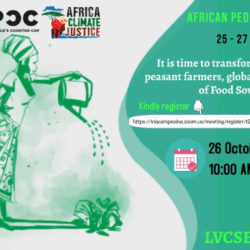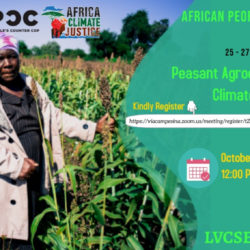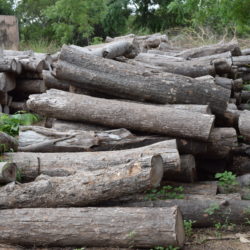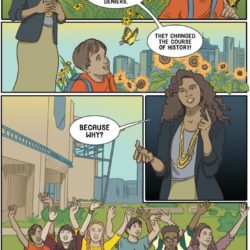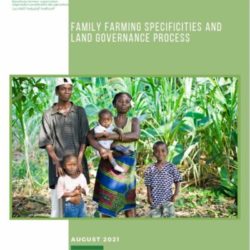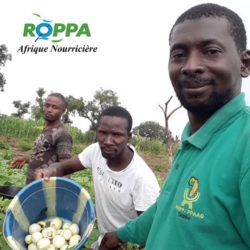Every community, no matter how neglected or remote, has one tremendous resource: its people. This is according the International Fund for Agricultural Development (IFAD). IFAD is an international financial institution and specialized United Nations agency based in Rome, the UN’s food and agriculture hub.
Three quarters of the poorest people in the world live in the rural areas of developing countries. Most of them depend on agriculture for their livelihoods. Climate change, a growing global population, and volatile food and energy prices have the potential to push millions more vulnerable people into extreme poverty and hunger by 2030. IFAD invests in rural people, empowering them to increase their food security, improve the nutrition of their families and increase their incomes. IFAD helps them build resilience, expand their businesses and take charge of their own development.
Smallholder farmers and other rural people bear the brunt of climate change. Rising sea levels and more intense droughts, storms and floods are putting pressure on the ecosystems farmers depend on. IFAD’s episode this month is all about the connections between small-scale farming and climate change as we approach the UN Climate Summit, or COP26, to be held in Glasgow. Listen to the audio for the following speakers: First is Simon Wilson of the Green Climate Fund. Then, Dr Jo Puri, a climate scientist and Associate Vice-President for IFAD, shares her hopes for COP26. There is also the latest on a new report on crops and climate change from the University of Cape Town. And IFAD’s President Gilbert Houngbo and Raj Kumar of Devex discuss the findings in IFAD’s Rural Development Report.
To listen to the audio for this and more click on this link: https://www.ifad.org/en/web/latest/-/podcast-episode-25?p_l_back_url=/en/web/latest/gallery&fbclid=IwAR1p1AU7OcPEwCvc6rNtIvUfH24-0rYMTP6oIBHhMD1UbwoXQ7rTwIuleb8

